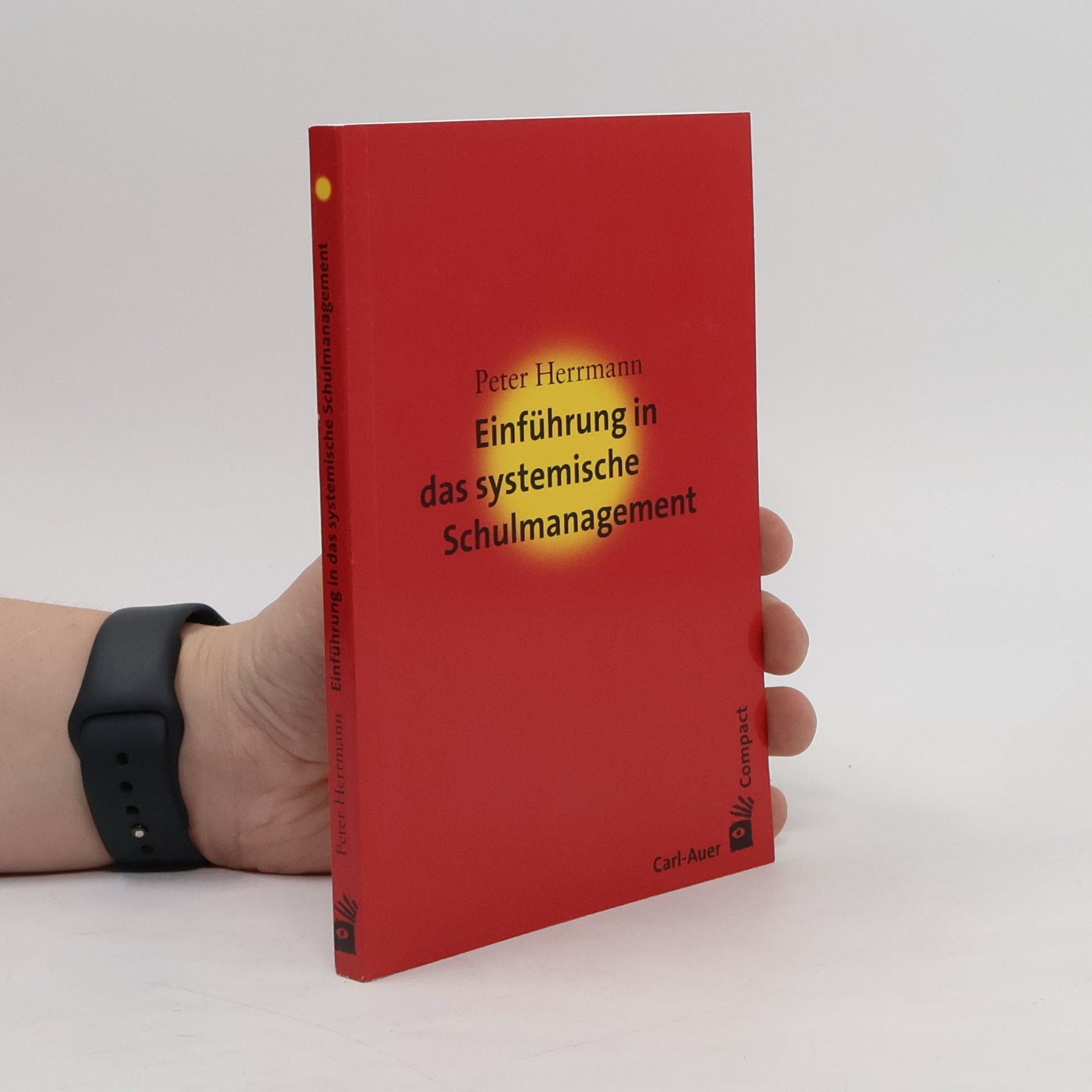Exploring the impact of pandemics, this book delves into the structural weaknesses of German society and how these challenges complicate responses to crises. It offers a historical perspective on the origins and consequences of the virus, while also addressing broader global issues. By examining the interplay between societal structures and exceptional circumstances, the work provides a comprehensive analysis of the new normal that emerged in the wake of the pandemic.
Peter Herrmann Book order (chronological)






Függetlenség és rögtönzés
Unabhängigkeit und Improvisation - Independence and Improvisation
- 532 pages
- 19 hours of reading
Focusing on the impactful career of Professor Zoltán Tefner, this book serves as both a tribute and a collection of scholarly texts. Contributions from Tefner's esteemed students and colleagues explore significant historical and social themes, including European territorial arrangements, border policies, and the role of jurisprudence in civilization. The essays span a wide historical range, from the Carolingian Empire in the 8th century to contemporary discussions surrounding the European Union, providing a comprehensive view of critical developments in Hungary and Europe.
Einführung in das systemische Schulmanagement
- 128 pages
- 5 hours of reading
Veränderungsprozesse in Schulen verlangen von allen Beteiligten strategisch kluges Handeln, wenn sie gelingen sollen. Diese Einführung in das systemische Schulmanagement hilft Schulleitern, Lehrern und Beratern, eine Haltung zu finden, die sich an der eigenen Position und der persönlichen Rolle in der „Organisation Schule“ ausrichtet. Vor dem Hintergrund seiner langjährigen Beratungspraxis vermittelt Peter Herrmann Grundlagen der systemischen Organisationsentwicklung und entwirft ein Konzept zur systemischen Schulleitung. Dieses Rüstzeug eröffnet neue Lösungsstrategien und Handlungsmöglichkeiten für die Gestaltung von Veränderungsprozessen und das Konfliktmanagement. Das Buch richtet sich an alle am Prozess der Schulentwicklung und Organisation beteiligten Gruppen: Schulleiter, Lehrer, Berater, aber auch Verantwortliche in Schulverwaltung und Schulpolitik.
Blockaden lösen
- 269 pages
- 10 hours of reading
Seit mehr als 20 Jahren leitet Peter Herrmann Supervision und Fortbildung von LehrerInnen mit Methoden der systemisch-lösungsorientierten Beratung – in diesem Buch teilt er seine umfangreichen Erfahrungen mit. Wissenschaftliche Ergebnisse fließen hier in praktische Handlungsanleitungen. Die angebotenen Sichtweisen bieten Lehrerinnen und Lehrern wirkungsvolle Möglichkeiten der Intervention bei schulischen Problemen, sowohl in der Klasse wie im Kollegium. Das entspannt kritische Situationen und unterstützt solidarische Lösungsansätze.
Abenteuer Afrika
- 176 pages
- 7 hours of reading
Über 200 Quiz-Fragen Fußball
- 94 pages
- 4 hours of reading